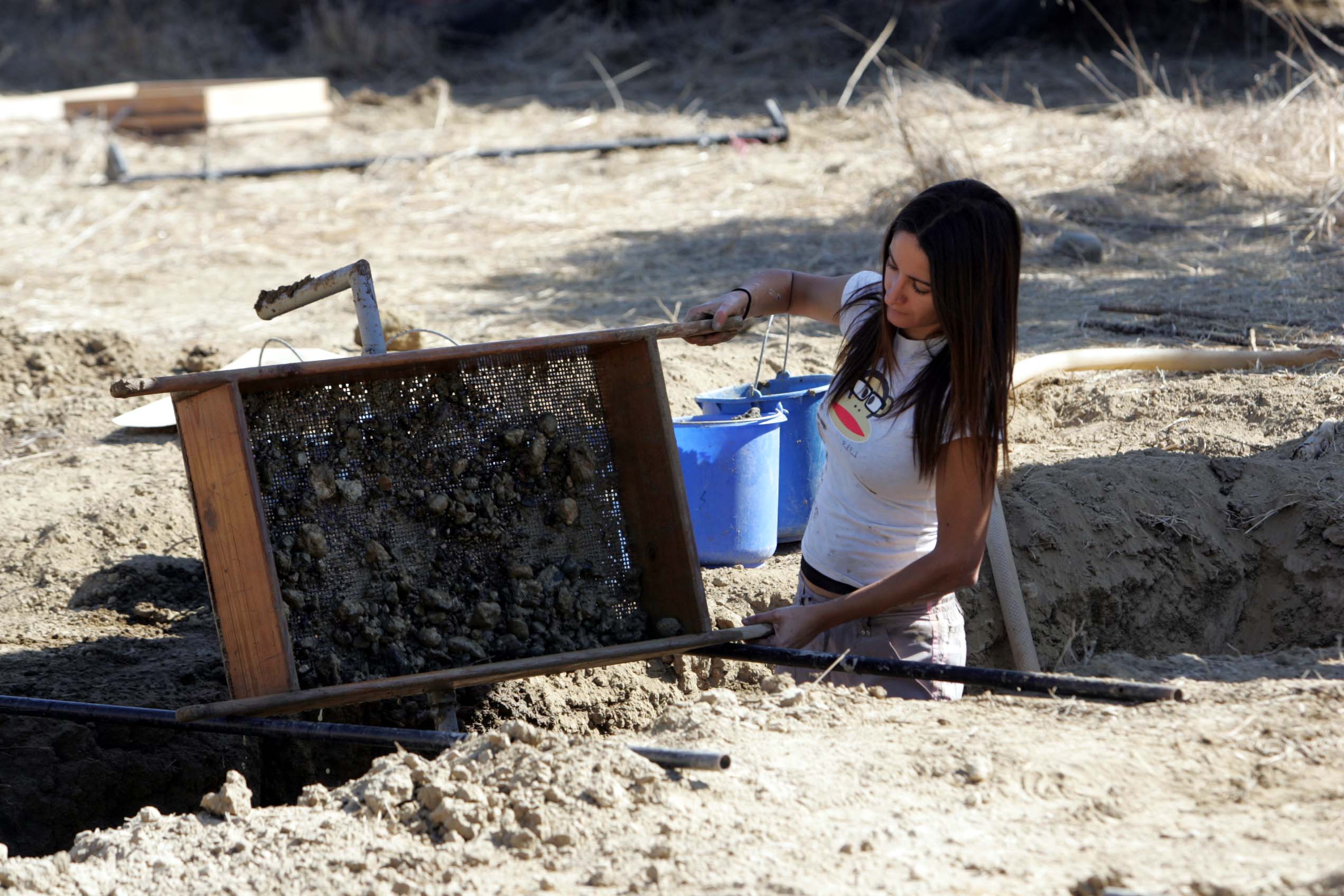President Nikos Christodoulides is “intensifying pressure” on Turkey on the issue of Cyprus’ missing persons, the government’s humanitarian affairs director Anna Aristotelous said on Saturday.
Addressing a meeting of relatives of the missing, she said Christodoulides has “raised the issue” with Turkish Cypriot leader Ersin Tatar, leaders of other countries, and European Union institutions – moves which she says, “intensifies pressure on Turkey so that the obstacles to research and excavations can be overcome or at least limited”.
Additionally, she said, the aim of those meetings is to “initiate cooperation to provide access to archives and other data which will help us determine the fate of the missing”.
She said to this end that “the fight to determine the fate of every last missing person will continue until the end”, and said missing persons’ families’ organisations are still “more than necessary and imperative because fathers and mothers, siblings and children of missing persons are still waiting to receive answers”.
“Vindication will only come on the day when the fate of the last person who went missing as a result of the Turkish invasion will be determined, and this has been delayed due to the problems which the occupation regime poses with various intentions, but mainly due to Turkish intransigence,” she said.
She added that this intransigence entails “Turkey’s refusal to cooperate and grant access to data and information from its military archives, especially information about mass burials carried out by the Turkish army after clearing the battlefields”.
This information, she said, will “lead to new exhumations and new identifications of missing persons”.
She went on to say that the government’s approach with regard to the missing persons is “purely human-centred”.
“This is the main reason why the information we receive has increased, in relation to the fate of our missing persons, so that we can obtain as much information as possible. In addition, we have differentiated the way in which testimonies are received and recorded,” she said.
She said this difference means that each witness, “whoever they may be, feels the required comfort, security, and trust, and is accurate in the information they provide”.
On this matter, she said “similar changes” were made in the way families are informed when their loved ones are found.
A total of 11 missing persons were identified through the framework of the Committee on Missing Persons (CMP) in 2024, representative of the office of the Greek Cypriot member Leonidas Pantelides had said in December.
Of those 11, he said, nine are Greek Cypriots and two are Turkish Cypriots. He added that seven of those found were on the CMP’s official list of the missing, while the remaining four were not.
He said all of those identified were found in new excavations, meaning that no previous attempts had been made at the sites at which they were found.
In total last year, excavations were carried out at a total of 102 sites across the island, with bones having been found in five separate locations: in the villages of Bellapas, Karavas, and Lapithos, Trachonas in Nicosia, and Aloa in the Famagusta district.
There are a total of 2,002 missing persons, of whom 1,051 have been identified to date, while exactly 216 persons have been identified after not having been included on the CMP’s official list of the missing.
The joint investigation process for approximately 100 cases has already been completed, while around 300 cases are currently under investigation by the office of the Greek Cypriot member.






Click here to change your cookie preferences